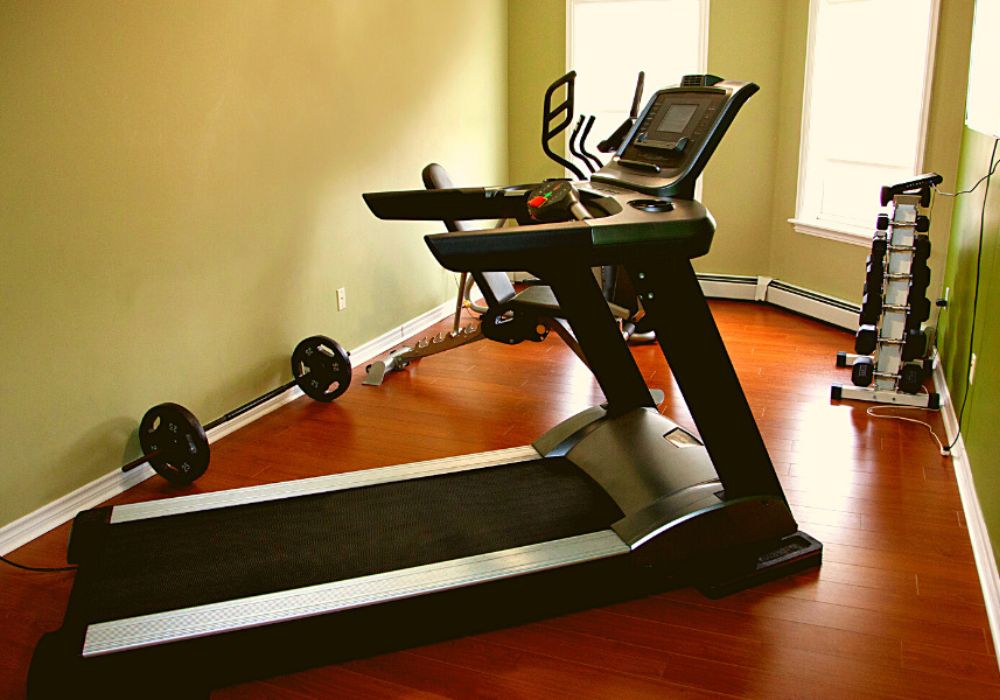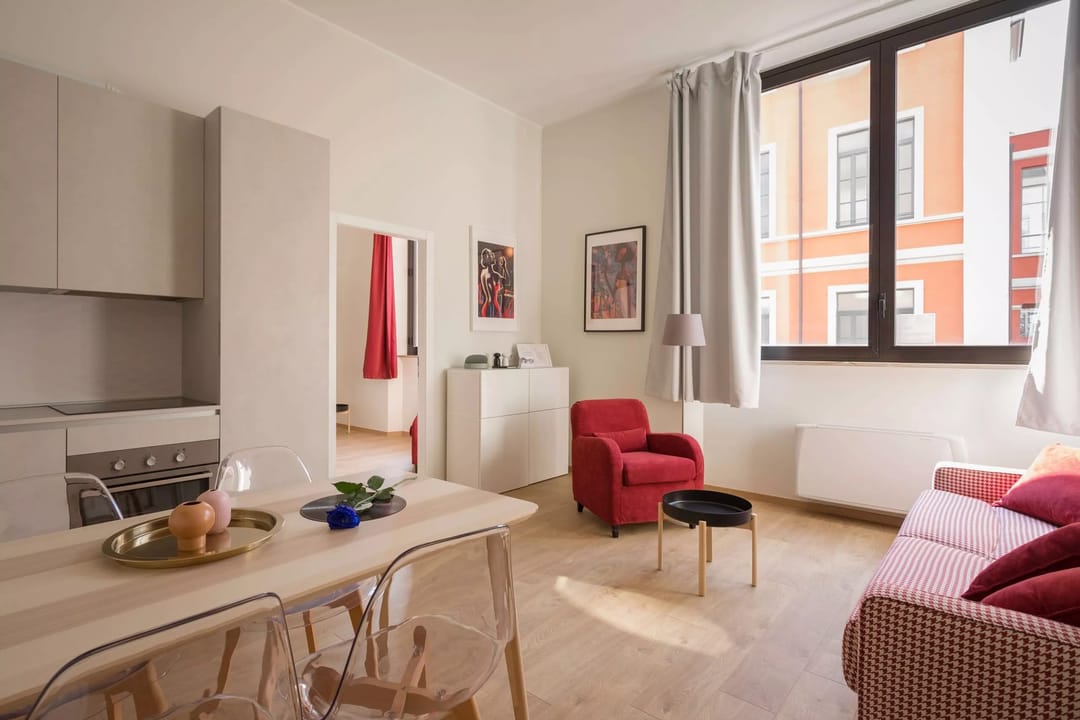Adding a pool is an exciting way for tenants to enhance their outdoor space and enjoyment of their rental home. However, tenants must consider several legal and practical factors before installing a pool.
In this article, we will address frequently asked questions about a tenant's ability to put up a pool.
Can a tenant put up a pool?
Yes, tenants can put up a pool with the landlord's approval. As the property owner, landlords have the right to make decisions about any permanent changes or additions to the rental home.
Tenants should consult their lease agreement and engage in a respectful discussion with the landlord to understand their position and any conditions before moving forward with pool installation plans.
With permission and following proper protocols, tenants can experience the benefits of a backyard pool.
What approvals are needed from the landlord?
Beyond general approval, tenants need to discuss specifics with the landlord including the type, size and location of the proposed pool. They should understand any concerns the landlord may have around safety, liability or property maintenance. Tenants also need approval if agreements or permits are required from the landlord.
With open communication, tenants and their landlords can cooperatively determine the best path forward that respects both parties' interests.
Related: Can You Evict A Tenant For Not Cleaning?
Does the tenant need permits?

Yes, in nearly all jurisdictions tenants will need to obtain proper permits before pool installation. They are responsible for consulting their local building department and securing any required construction permits. This helps ensure the pool will meet community standards for health, safety and structure. Permits are also typically non-transferable, so this responsibility lies with the tenant rather than the landlord.
Who pays for installation and maintenance?
In the majority of cases, the tenant takes on the financial responsibility for pool installation costs including equipment, materials and labour. Depending on the agreement, some landlords may assist with certain expenses. Once installed, ongoing maintenance costs and repairs are also usually borne by the tenant. This includes regular cleaning, chemical treatment, repairs and insurance.
What insurance is required?
Tenants must review their renter's insurance policy to confirm adequate liability coverage for pool-related risks. They may need to increase coverage limits or add supplemental liability policies. Coverage should protect against property damage from pool malfunctions or leaks, as well as injuries that occur on the premises. Landlords may also require proof of insurance before approving a pool installation.
Are there safety regulations to follow?
Absolutely. Tenants must adhere to local building codes and standards which commonly address pool fencing, gating, signage, water quality and cleanliness. Following these regulations helps ensure the pool is constructed and managed safely for both users and bystanders. Property owners can face liability without proper safety measures in place. Tenants should study the rules that apply in their municipality.
What happens if the tenant damages the pool?
Should any harm come to the pool while under the tenant's care, they are responsible for repairing or restoring it, including covering associated costs. This could involve the tenant paying for repairs out-of-pocket or deductions from their security deposit. Failure to address damages may lead to stronger actions from the landlord such as withholding the deposit or legal pursuance for compensation. Tenants are liable for their own property during their lease term.
Conclusion
Installing a pool can seem like an exciting amenity for tenants, but requires adherence to regulations and approvals. With open communication, tenants and their landlords can work together cooperatively to determine the best path forward. Priorities such as safety, proper insurance, maintenance responsibilities and preserving the condition of the property should be addressed.
Provided all parties agree on a sensible plan, tenants can potentially experience the benefits of a backyard pool within legal and practical guidelines.





